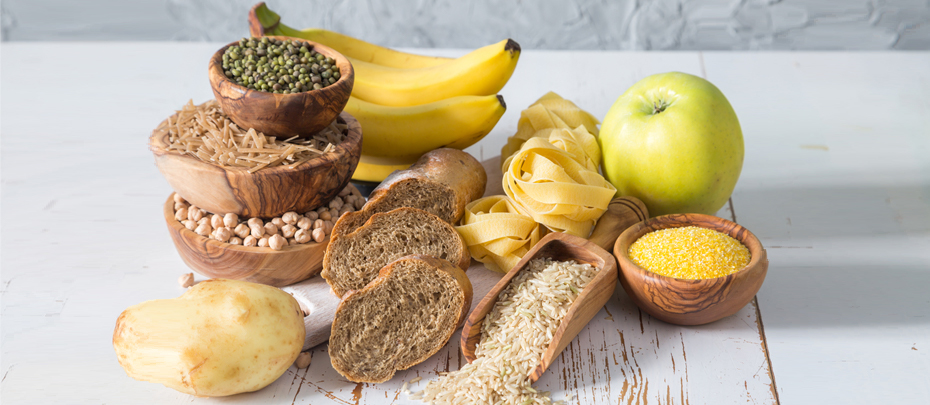Carbohydrates The Role They Play and Why You Need Them
- Sub Heading
-
Understanding the role of carbs from energy to gut health
- Main Image
-

- Duration
-
MAR. 02, 2021 3 MIN. READ - Description
-
Good nutrition helps nourish your body, and just like many things in life, it’s all about balance. Early on, we’re told to eat a wide variety of foods from all food groups – fruits, vegetables, grains, dairy, and protein – and this advice comes with good reason. To function and thrive, you need various foods to get all the essential nutrients the body needs, like carbohydrates, protein, fat, vitamins, and minerals.
In recent decades—and with the rise of diets like ketogenic, paleo, and Atkins—there’s been growing confusion about one nutrient’s role and importance in particular: carbohydrates. Yet, this macronutrient remains an important part of an overall balanced diet and is necessary for good health. Understanding the role of carbohydrates – and the foods they’re found in – can help you follow a nutritious, balanced diet.



Social Share